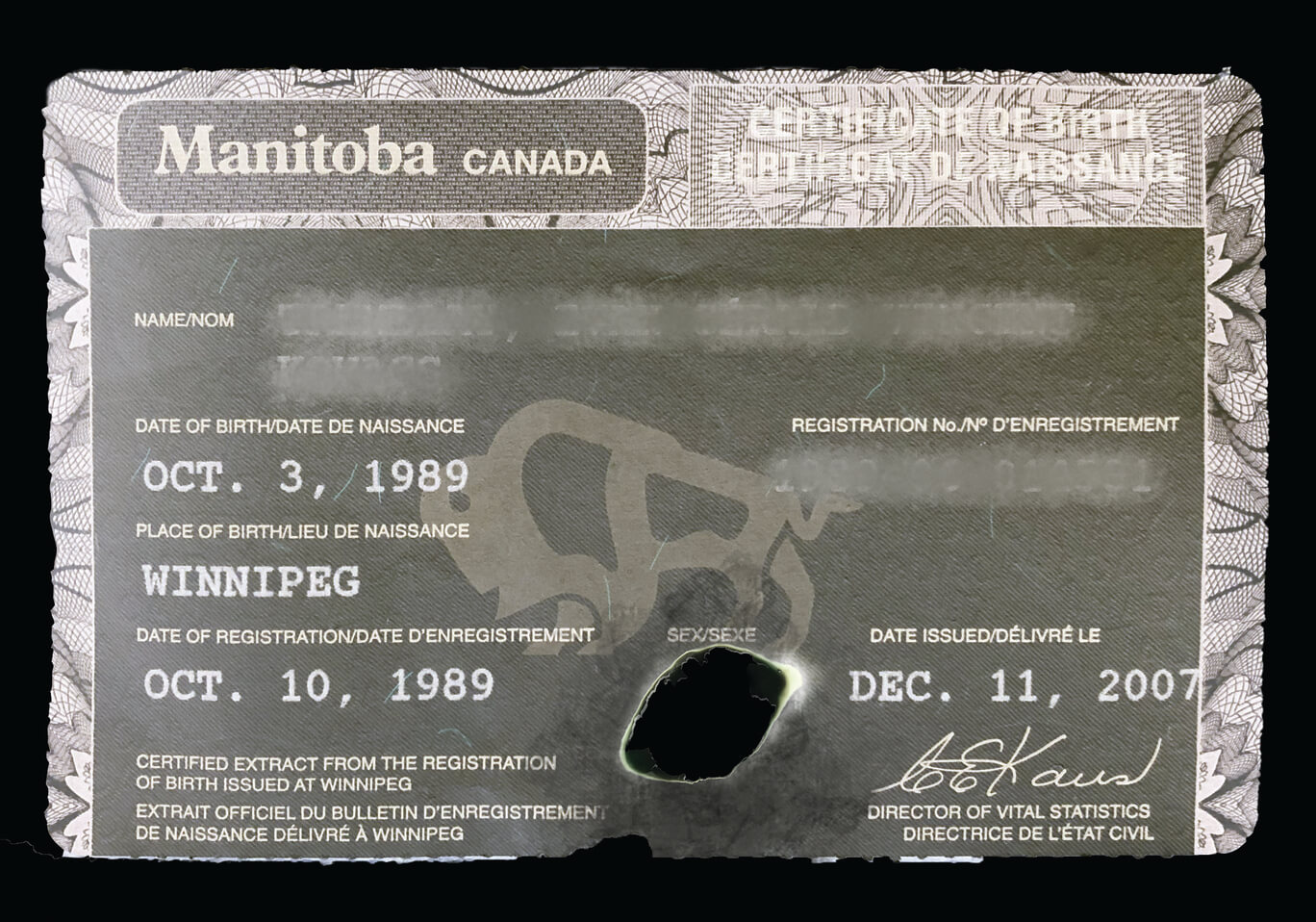When it comes to gender, it is not the role of the government to reinforce the existing power relations.
Throughout the last decade Canada has made great strides in legal protections for trans and non-binary people, with all provinces and the federal government passing legislation enshrining gender identity as a protected characteristic. Gender identity is now protected as a human right on the same basis as sexual orientation, religion, age and disability.
Legal protections from discrimination on the basis of gender identity have opened the door to further progress.
Some of this is being made through decisions on complaints filed with the country’s various human rights commissions — independent provincial or federal semi-legal bodies meant to investigate and make decisions on complaints of discrimination in employment and government services.
In a decision written Nov. 5, an adjudicator from the Manitoba Human Rights Commission ordered the government of Manitoba to allow non-binary sex designations on birth certificates.
For transgender and non-binary people in Manitoba, this is a huge legal victory. For some of us, having markers on government documents that don’t match our lived experience is distressing — it feels as though no matter what we do, how we present, or how we feel, there will always be someone empowered to deny our experiences.
Access to gender affirming identification is absolutely necessary for those of us who feel this.
However, the issue remains that the government ultimately reserves the power to make decisions about what is and is not a person’s legitimate gender. With birth certificates, this is a type of power exercised over people from the very first moments of their lives.
On a fundamental level, the inclusion of gender on any identification is an act of violence — it is one example of what is referred to as “interpellation.”
Interpellation is the process by which people are made to fit into already existing, dominant ideological categories on a psychological or subjective level — it essentially refers to things that “place people in their proper place,” and that remind them how society views them and how they are expected to fit into it.
While gender is socially constructed, it does indeed have a material basis. However, this basis is not biological sex, our understanding of which is conversely informed by patriarchal, European ideology.
The material basis for gender is to be found in a type of division of labour — we are all familiar with the stereotypes of what men and women should be and do in our own society. They are incorporated into a type of common sense that ensures society continues to operate as it always has — in the interests of a ruling class. Patriarchy, like all ideology, works to obscure and defend existing power relations.
This idea of gender as socially constructed finds support in the historical record — prior to colonization, many nations in what is now called Canada along with other places in the world, such as India, had more than two genders, all having fairly specific social roles.
If gender were the “natural” outcome of our biology, surely our current man-woman binary understanding of it would apply to all societies at all times.
Gender, much like worker-employer relationships, is anything but natural. Gender is a consequence of the specific ways that our societies function to reproduce themselves.
The real-life effects of interpellation have also been demonstrated. In the literature of psychological research there is a phenomenon called the “stereotype threat” effect. While the literature may not put it in the exact same terms of interpellation, what it describes is essentially the same.
The stereotype threat effect describes the impact of being reminded of membership to a social group. In studies on college students taking tests, African-American students were reminded that they were African-American, and women were reminded that they were women.
The studies compared the test results of groups that received such reminders and groups that did not. Their findings were that those who received the reminders — those who were interpellated — scored significantly lower than their counterparts who were not interpellated.
From these studies we can extrapolate and imagine the negative effects that the interpellation arising from gender incongruent identification can have as a compounding factor on top of what we already need to deal with in our day to day lives.
The government should not serve as a compounding factor. Rather, it should serve to alleviate the weight of constant interpellation.
Of course, what is at hand here is more than simply birth certificates — it is all identification, ranging from student IDs to passports to any other government documents.
Allowing for gender-neutral markers on birth certificates is a great step forward, but removing the factor of all gender markers on identification in general is what ultimately needs to happen.


